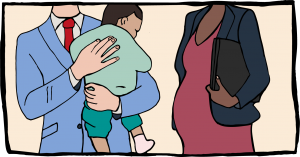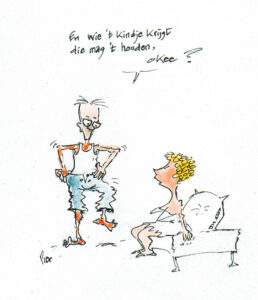perspective

Individual development will always be the same? Probaly not. The human species has developed dramatically over a relatively short period of time. One aspect of our development is our unprecedented mental and manual dexterity, by means of which we have created a wide variety of cultural expressions of our human nature, such as language and art, social institutions and laws, science and economic progress, and have thus found ways to influence our own evolution.
Perspective: lust
A major characteristic of our species, which is often overlooked, or rather ignored and wrongly interpreted, is our capacity for lust. The arts and crafts, the discoveries of science, the seeking of pleasure and comfort, the wide range of emotions, bonding ties and friendships, all express natural inclinations brought to great and complicated heights of expression.
Compared with other mammals, humans have a very extensive potential for lust. Other mammals, even the primates to which we are most closely related, usually have only a relative short period of ‘heat’ or ‘oestrus’ (before ovulation), during which the female sends out a chemical message (by means of sexually arousing smell particles called feromones) and positions herself in an inviting way (called ‘lordosis’) to indicate that she is ready for sex. In humans, males and females can have sexual enjoyment all year round, and in lovemaking may take a long time stroking and kissing before, after and without copulation. Still, the practical realisation of this potential is extremely limited, because of the demands of the family system. In connection with this, the difference between males and females is striking. Men are more interested in sexual pleasure for its own sake, whereas in women lust is strongly associated with reproduction. This difference in what is called ‘reproductive strategies’, accounts for most of the relational conflicts between the human sexes.

And.. whoever gets the baby gets to keep it, okay?
Perspective: change
Sexual behaviour and intimacy continue to play a role till the end of life. Adults retain a great deal of childlike/childish and adolescent behaviour. In their relationships they re-enact patterns of behaviour and emotions learned as children. Thus our society, just like ten thousand years ago, is organized around the reproductive unit of the family, because sexual reproduction is still the underlying life force.
Human reproduction will probably take a revolutionary turn in the coming centuries, because the rational control of genetic inheritance, together with a drive for sexual equality, new forms of ‘family’ life and the liberation of sexual pleasure will change the sexual system beyond recognition. This will also dramatically change individual development.
See also Culture & nature.
